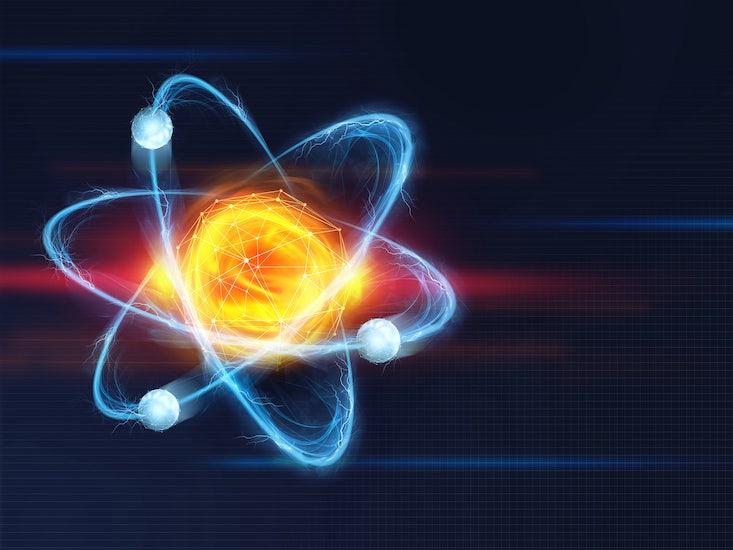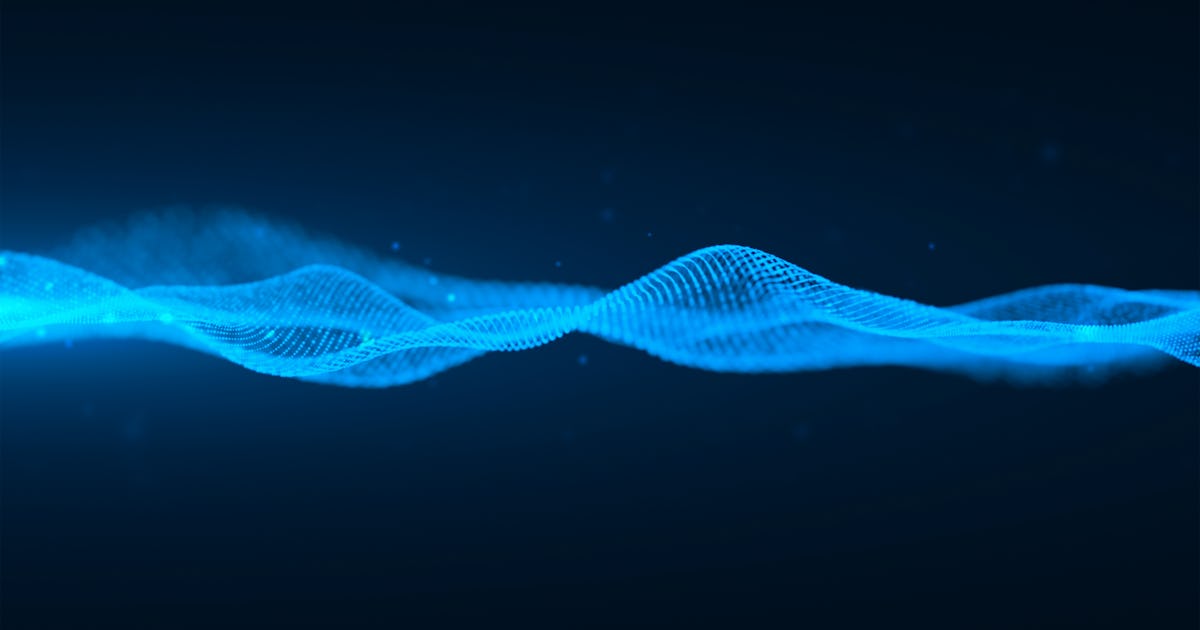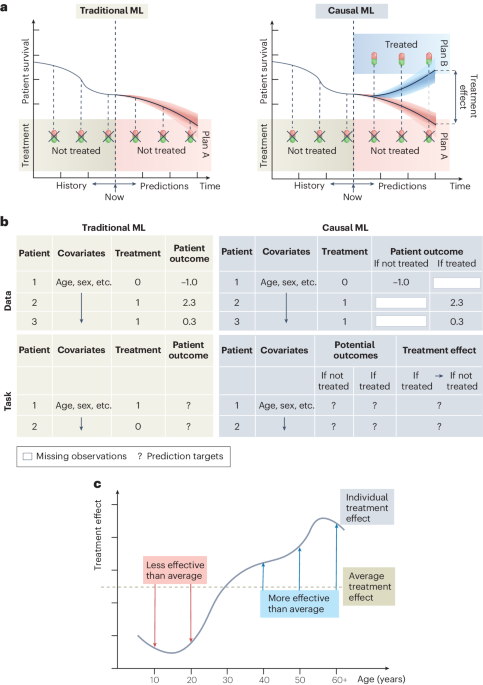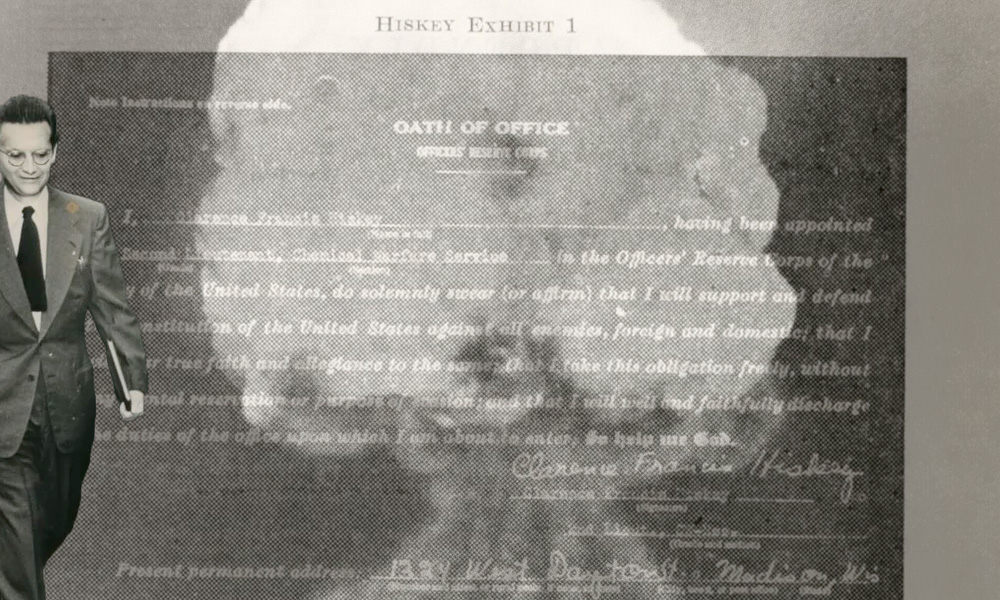
Electrons May Very Well Be Conscious
Panpsychists look at the many rungs on the complexity ladder of nature and see no obvious line between mind and no-mind. Illustration by Yurchanka Siarhei / Shutterstock
L ast year, the cover of New Scientist ran the headline, “Is the Universe Conscious?” Mathematician and physicist Johannes Kleiner, at the Munich Center for Mathematical Philosophy in Germany, told author Michael Brooks that a mathematically precise definition of consciousness could mean that the cosmos is suffused with subjective experience. “This could be the beginning of a scientific revolution,” Kleiner said, referring to research he and others have been conducting.
Kleiner and his colleagues are focused on the Integrated Information Theory of consciousness, one of the more prominent theories of consciousness today. As Kleiner notes, IIT (as the theory is known) is thoroughly panpsychist because all integrated information has at least one bit of consciousness.
You might see the rise of panpsychism as part of a Copernican trend—the idea that we’re not special. The Earth is not the center of the universe. Humans are not a treasured creation, or even the pinnacle of evolution. So why should we think that creatures with brains, like us, are the sole bearers of consciousness? In fact, panpsychism has been around for thousands of years as one of various solutions to the mind-body problem. David Skrbina’s 2007 book, Panpsychism in the West, provides an excellent history of this intellectual tradition.
























